Albania in the middle of the 15th century. Gjergj Kastrioti, called Skanderbeg, is resisting the advance of the Ottoman armies and is fighting a kind of hit-and-run guerrilla war from his fortresses in the Accursed Mountains. This is the historical backdrop of the novel The Siege by the Albanian author Ismail Kadare, a permanent candidate for the Novel Prize and Winner of the Man Booker International Prize.
A huge force of the Ottoman army is advancing to this remote and not yet completely subdued province with the task to conquer one of the biggest fortresses that is still resisting the at that time most powerful army in the world.
The Pasha that is leading the expedition force knows what is at stake for him: a failure to seize the fortress in summer would be considered as a complete failure of his by the Sultan. Not only would it be necessary to abort the siege at the begin of the rainy season, for the Pasha it would mean also personal disgrace and drastic consequences – in the best case early retirement, but more probably a death sentence after his return to the capital.
Kadare tells us the story from two different perspectives. The main narrator is a young chronicler whose task it is to write the official account of the expedition and siege. The chronicler, an intelligent but inexperienced person has therefore (almost) always access to any meetings of the war council, where the military leaders discuss with the Pasha the right strategy and next steps of the siege.
Important for the chronicler is especially his growing friendship with the Quartermaster, a kind of Chief Logistics Officer, who is very friendly and frank with him and is opening his eyes for the difficult task that such a mission including so many people is imposing on the logistics. Basic things about which we rarely read in the history books that tell only of the deeds of “great men”, are of crucial importance. Without a proper system of latrines, no triumph in any battle. We also understand, as the story advances, that the Quartermaster has an agenda too. He wants to be depicted in a positive light for posterity, and he is doubting also (like many others) the abilities of the Pasha as a leader, though he is voicing his reservations in the most indirect way.
A siege of a fortress on that scale was an extraordinary undertaking in the 15th century. It required already a very high level of organization, specialization and division of labor. We have the simple soldiers and the medics, experts for artillery, the janissaries, elite soldiers of the Sultan, the raiders (akinzhis), the infantry (azabs), the cavalry, and other specialized and rivaling groups, the “volunteers” (people who join in the hope to get a part of the booty), but also exorcists, soothsayers, spell casters, dream interpreters, and many other important crafts.
Each chapter that is written by the young Ottoman chronicler is mirrored by a short chapter that is told by an unnamed Albanian chronicler who is inside the fortress. The Albanians pray for an early begin of the rainy season, which seems to be the only possible rescue. (Or an attack of the myth Skanderbeg, who is hiding somewhere in the mountains.) So, “the drums of rain” – also the planned original title of the book, and also the name under which The Siege is published in French – are dreaded by the Pasha, but longed-for by the Albanians.
Since the fortress is well-protected by a sophisticated system of walls, and since there is also enough food and water inside the fortress, it proves more difficult as anticipated by the invaders to take it. Several attempts to storm the fortress in a frontal assault, supported by the newly cast cannon, fail and cause many casualties. A success at all costs must be achieved, and so the Pasha decides to follow a cunning plan: secretly he lets his soldiers build a tunnel that should lead directly to the middle of the fortress and that should enable a surprise attack and the opening of the gates from the inside for a huge wave of attackers…
Regarding the technical details of the siege, Kadare has made extensive use of Marin Barleti’s chronicle about the siege of Shkodra. But The Siege is more than a historical novel: it was written shortly after the invasion of Prague 1968 by the Warsaw Pact states. It is therefore obvious that the book contains also some very interesting comments on the situation after the invasion of Czechoslovakia.
One message that Kadare wanted to send out is possibly: Albania will resist any attempt to invade the country (the paranoid dictator Enver Hoxha built therefore hundreds of thousands of small bunkers – fortresses en miniature).
On the other hand, and this is also fairly obvious, the victory of the besieged (the invaders have to withdraw at the beginning of the rainy season and after the death of the Pasha) in the novel is only a temporary one. We can easily assume that a new, bigger army with even more frightful weapons will come back again next year – and from the history books we know the outcome of this process. Therefore Kadare’s message in this novel is – like in most of his books – very ambiguous.
What is additionally interesting about the novel are the countless calculated and intentional anachronisms it contains. To name just a few: There are show trials, the victims are sentenced to slave labor in the tunnel. And the only possible friend and ally in the outside world (in the book it is the Republic of Venice) plays a double game, because it is trading with and equipping the enemy of their (Christian) brothers, just for the profit.
“Great massacres always give birth to great books”,
says the Quartermaster to the chronicler quite at the beginning of The Siege. That may indeed be true. The Siege is a brilliant historical novel.
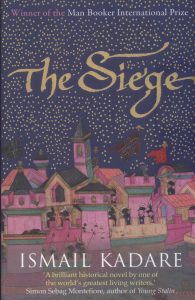
Ismail Kadare: The Siege, transl. David Bellos, Canongate, Edinburgh London New York Melbourne 2008
Marin Barleti: The Siege of Shkodra, transl. David Hosaflook, Onufri Publishing House, Tirana, Albania, 2012 (first English edition; the original was published in Latin in 1504)
Other reviews:
1st reading’s Blog
see also: http://edifyingdiscourse.wordpress.com/2011/05/21/notes-on-ismail-kadares-the-siege/
© Thomas Hübner and mytwostotinki.com, 2014. Unauthorized use and/or duplication of this material without expressed and written permission from this blog’s author and/or owner is strictly prohibited. Excerpts and links may be used, provided that full and clear credit is given to Thomas Hübner and mytwostotinki.com with appropriate and specific direction to the original content.



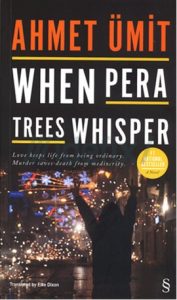

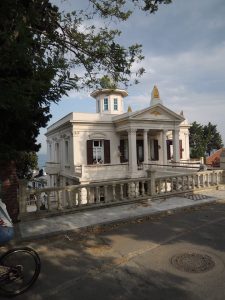
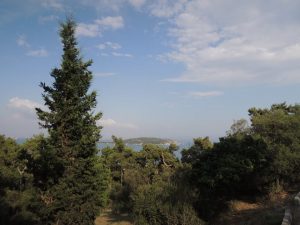
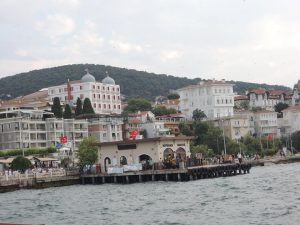
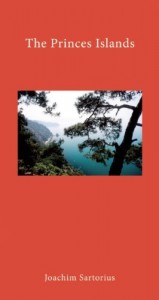
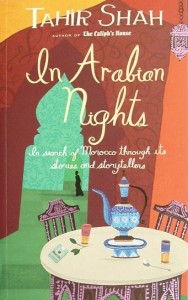
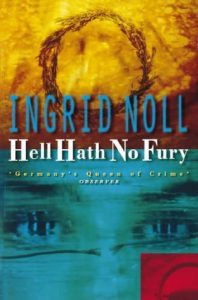
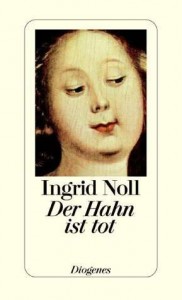




 Facebook
Facebook RSS
RSS Twitter
Twitter